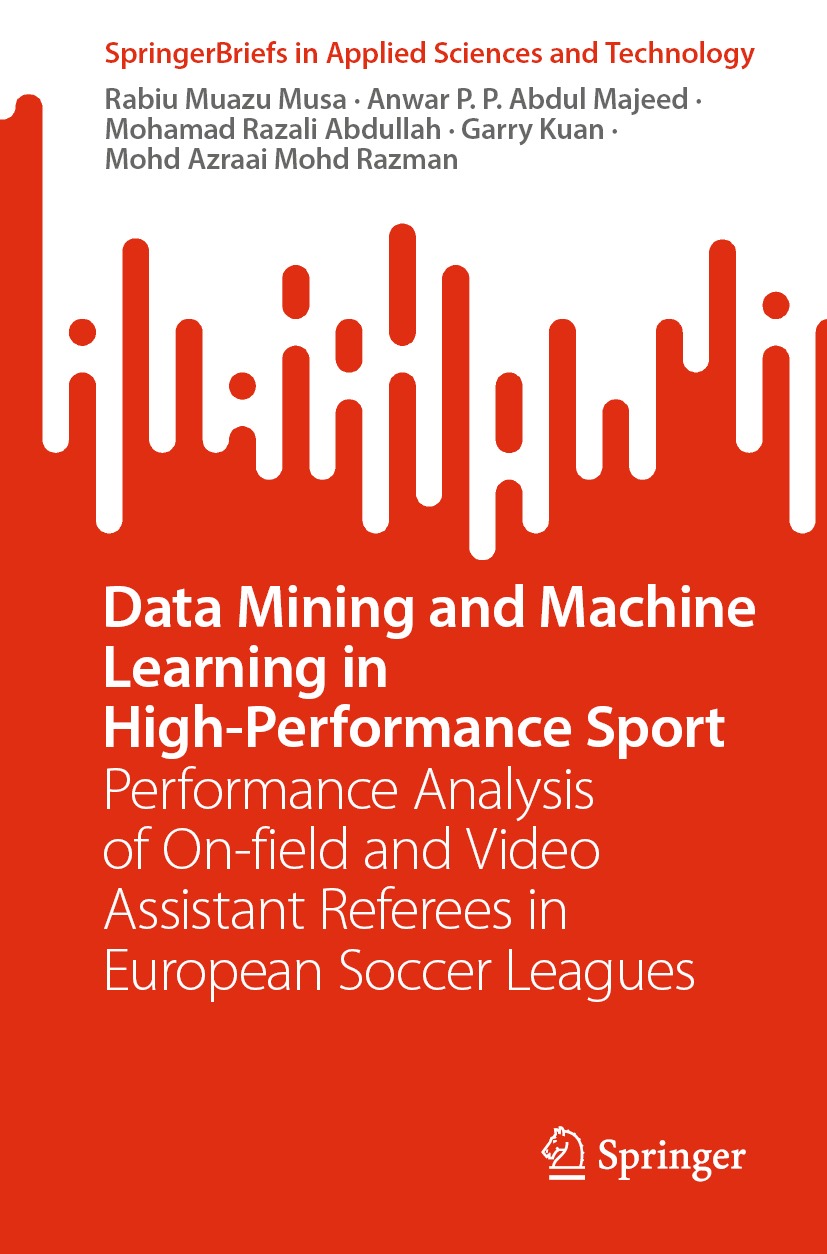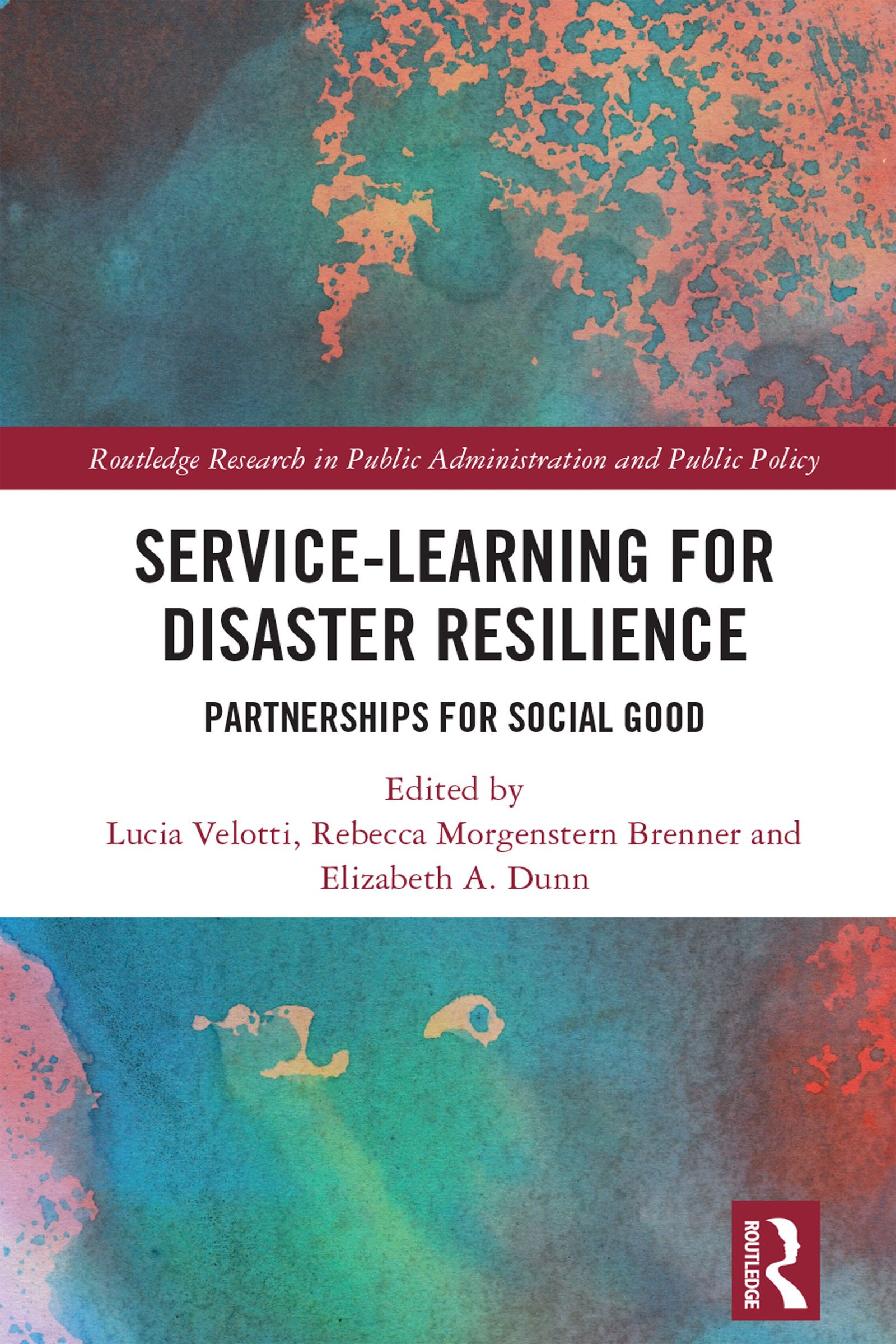This book explores the application of data mining and machine learning techniques in studying the activity pattern, decision-making skills, misconducts, and actions resulting in the intervention of VAR in European soccer leagues referees. The game of soccer at the elite level is characterised by intense competitions, a high level of intensity, technical, and tactical skills coupled with a long duration of play. Referees are required to officiate the game and deliver correct and indisputable decisions throughout the duration of play. The increase in the spatial and temporal task demands of the game necessitates that the referees must respond and cope with the physiological and psychological loads inherent in the game. The referees are also required to deliver an accurate decision and uphold the rules and regulations of the game during a match. These demands and attributes make the work of referees highly complex. The increasing pace and complexity of the game resulted in the introduction of the Video Assistant Referee (VAR) to assist and improve the decision-making of on-field referees. Despite the integration of VAR into the current refereeing system, the performances of the referees are yet to be error-free. Machine learning coupled with data mining techniques has shown to be vital in providing insights from a large dataset which could be used to draw important inferences that can aid decision-making for diagnostics purposes and overall performance improvement.A total of 6232 matches from 5 consecutive seasons officiated across the English Premier League, Spanish LaLiga, Italian Serie A as well as the German Bundesliga was studied. It is envisioned that the findings in this book could be useful in recognising the activity pattern of top-class referees, that is non-trivial for the stakeholders in devising strategies to further enhance the performances of referees as well as empower talent identification experts with pertinent information for mapping out future high-performance referees.












